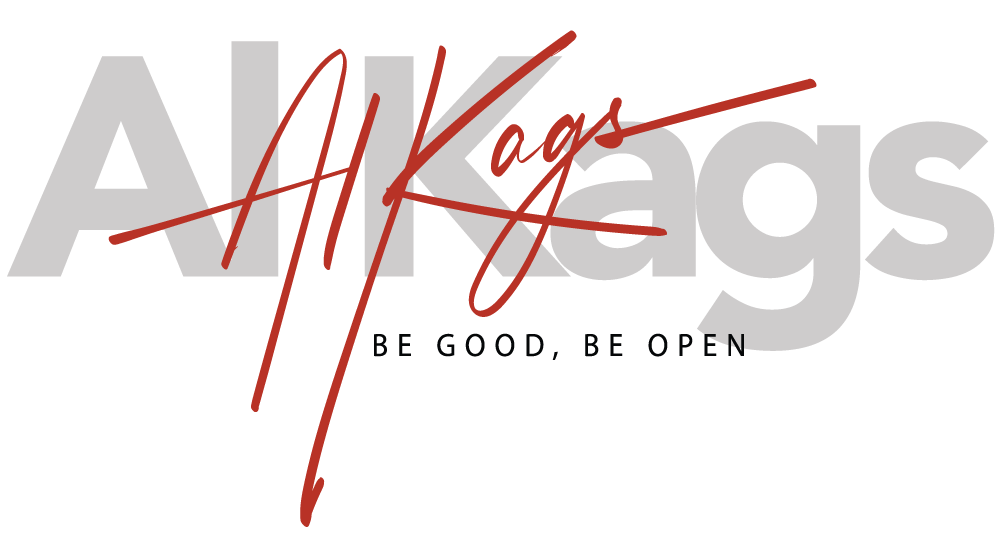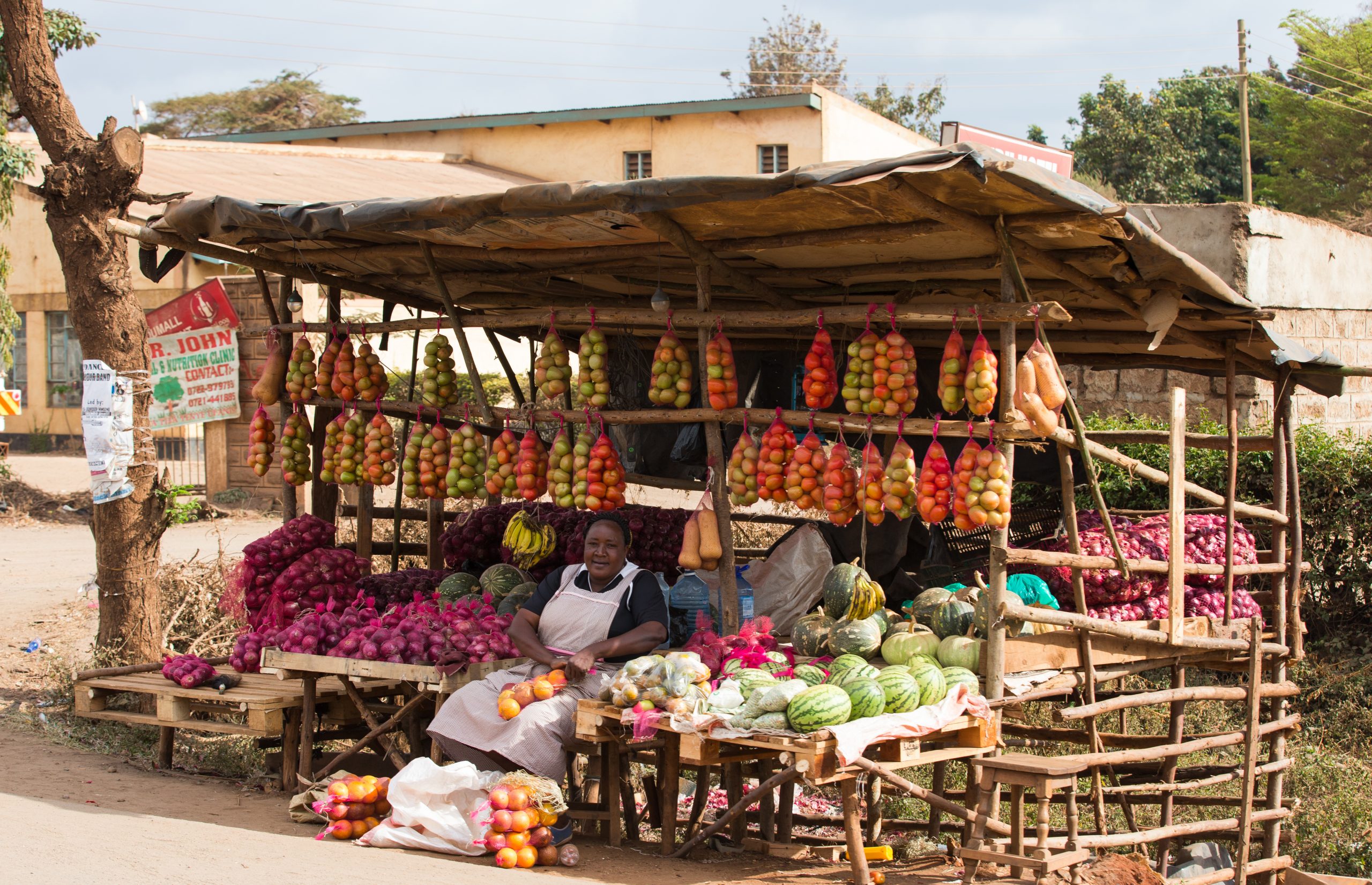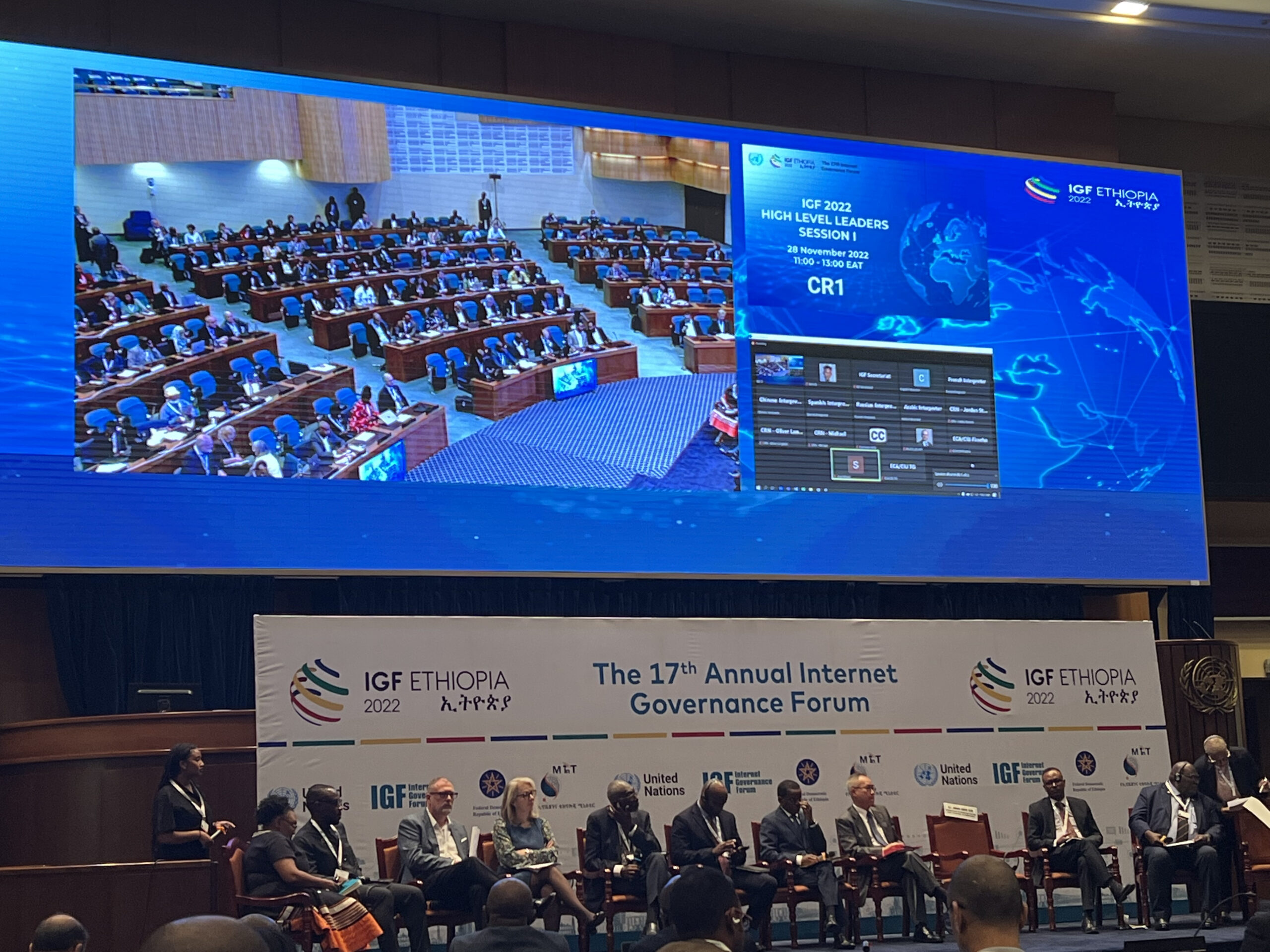A tax on Turnover is a tax on investments.
One of my favorite computer games is CitiesXXL, a strategy game in which one builds cities from scratch. The challenge of the game is that you have to grow the city, all the while maintaining a balance in production, population, traffic, infrastructure etc.
The game is modelled on the challenges in real life. For people to move into your city, there must be jobs, healthy places to live, schools, hospitals, leisure facilities and security. For production to be increased there must be low level workers, there must be skilled workers, there must be a proportionate number of executives and elites.

At some point in the course of building your city, congestion, pollution and other challenges bedevil your city and you must take measures like lowering taxes to ensure that people still come in. But how low can you go? Too low and you cannot fund your services. Too high and businesses in your city shut down, unemployment goes up, crime goes up and ultimately the economy tanks.
Every time my economy has tanked in my game, I have not known how to bounce back. I have tried all manner of tricks – I took hefty loans and that only provided a temporary reprieve. I lowered taxes and services became horrible so workers wouldn’t stay in my city.
Does this sound like a government that you know?
Taxing mama mboga
The Kenya government has instituted a new Turnover Tax – one that they have called a Patriotic Tax. All businesses that have less than Kshs. 5 Million in turnover – including the local roadside kiosks, mama mboga, your local mechanic and the 23 year old who sells “mtumba” cloths via facebook – all of them have to pay 3% of their turnover every month. The idea is for the government to raise Kshs. 25 Billion in 6 months.
Turnover – the amount of money that is received in sales by a business.
Websters Dictionary
Worst idea
We need to keep it simple. Government is urgently craving new money because Treasury is broke. Why?
- We borrowed too much money from other sources to do expensive infrastructure projects and we are now struggling to find money to manage our other needs. Our debt has been steadily growing over the past 20 years – and it has accelerated in the past 7 years. In 2002, our total debt (domestic and external was 605 Billion). In March 2017, it was 1.7 Trillion. Today, it as at almost 6 Trillion shillings. Our total annual budget is half that. Look at the Central Bank of Kenya’s Data on Debt since 1999.
Let’s put it in context. Imagine that your household expenses total up to Kshs. 100,000 (including rent, food, school fees, transport etc.) Imagine that you had a bank loan of 500,000 that you needed to pay back in a year – every month 41,666. Your total expenses in the year would be 146k now. What would you likely do if your income was dwindling?
Many would move to a cheaper house, move their kids to a cheaper school, sell the car – maybe buy a cheaper one or use public means for a while and avoid all luxurious expenses.
Not Kenya.
We pay our MPs and top leadership more than most other countries, we have several huge infrastructure investments planned (SGR, raised highway through Nairobi City and more). The tragedy is that the money for these projects is not going to Kenyan companies – rather, they are going to China and other countries who have given us the loans. What that means is that money is not circulating in Kenya. - Companies are closing down. Last year alone, more than 10,000 people lost their jobs as companies are downsizing in this hard economic climate – this is a tally of just the big companies (East Africa Portland Cement, Nakumatt, Stanbic etc). That’s 10,000 families out in the streets. Many of them will use their severance pay to start small businesses, in a bid to make ends meet.
- Corruption is at an all time high. According to this corruption tracker, the country has lost more than 8 Trillion shillings to corruption. To date, no one is in jail for it and no money has been recovered. 8 Trillion shillings. Our annual budget is 3 Trillion shillings.
While it is true that the government needs a urgent injection of new funds, this new Turnover Tax is the worst possible move at this time. Kenyans simply cannot afford it in this economy.
Look at it this way. A tax on turnover is a tax on investment. The money that these small businesses need to reinvest to grow a little bit more, to offer employment to one other person, to increase their distribution or production so that they can hold up the economy is now to go to a government which is leaking like a sieve – with corruption going on unabated.
A tax on turnover is a tax on investment.
Syombua is one of those people selling imported shoes at Imenti House in Nairobi. The more money she makes, the more chances of her setting up the Kenyan fashion design house she has always wanted – where she will employ tailors, sales people and so on. Taking 3% a month from her monthly turnover is punitive and debilitating.
Distractions.
Unfortunately, this has not had the kind of uproar that it should have. Why? Because the newspapers are more concerned about the soap opera that it politics such as the newspaper headline below.


One other distraction is the Miguna Miguna return to Kenya. If the government truly is ready to accept him back into the country, it is a fairly straightforward and undramatic process. But to announce that he can come back, per court orders and then see the machinations to indirectly frustrate his travel, well it is a distraction.
When contacted by one supporter, Miguna is reported to have exhorted his supporters to “be disciplined, stop sending messages, mobilise and organise.” In that, I agree. Not perhaps in the way that he means, but this further intrusion to our pockets must be opposed.
Let the government get the money that was stolen from corruption first. Let us reduce our expenditure and focus on basic services. Let us create new avenues for production urgently – give tax holidays to small businesses, youth and women led businesses – watch and see how the economy will explode.





